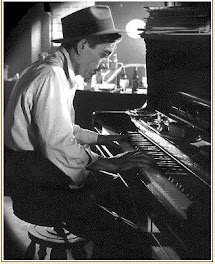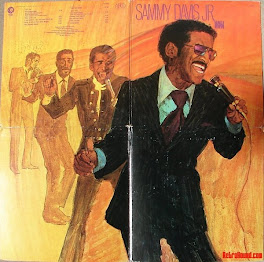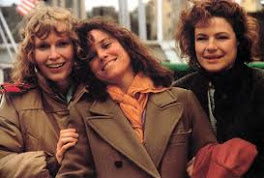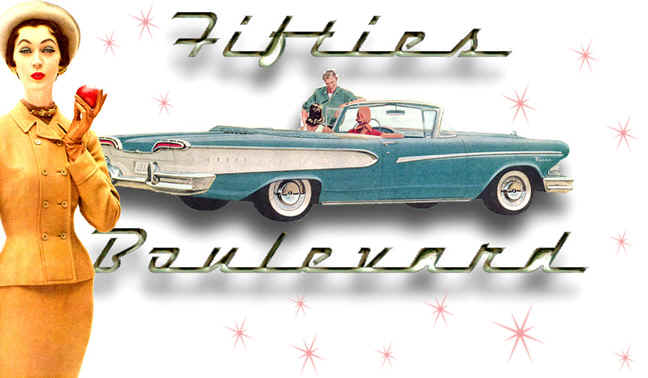The husband dies 'of natural causes'.
The family, which includes his spouse and two grown children, mourns, and after a reasonable time, reaches an emotional balance, a healthy stability.
The widow, in her late 50s, living away from her children, has continually loved the outdoors, is a horsewoman in a modest way -- not a competitor, but a knowledgeable rider. Not long after her husband's death, she re-engages with that vocation.
In a routine outing with friends, working the horses off-trail a bit, they negotiate a gully. They're aware of scrub growth, stray logs, the rockiness of the terrain.
Somehow the jennet mare she's on slips, and the widow rolls off its side, forward. The fall disturbs the closeness of their line and riles-up the coltishness of the horse just in front, who kicks his hooves smack into her chest, stopping her heart instantly.
Does it matter that this is a 'true story'?







































The story reads like the sort of random events that make up a life. If it was me on the horse, I would be happy that my death was quick, under the sky and doing something I loved.
ReplyDeleteBest wishes, Isabel
It matters only if it's true, for then, it bears some degree of profundity. ( at least for the family) Otherwise, it's just a story.
ReplyDeleteRick
It matters to me if the story is true, an example of the coltishness of fate.
ReplyDeleteIsabel,
ReplyDeleteMy reaction, too. Quick is good, quick while happy is even better.
Trulyfool
Rick,
ReplyDeleteNot to give a secret away, but the story was told me as true, from a reliable source.
I'm not one to value things more if they 'actually happened'. That's almost a Hollywood or television way of building an audience from the widest group of naifs.
You and I have some faith in literature, in story-telling, in poetic apercus, to realize that fictive structure, imaginative 'non-existants', can tell us a lot. Perhaps clear the brush from under 'the actual' in order to give it the meaning it 'really' has.
Trulyfool
Tess,
ReplyDeleteWe are bogged down waiting for that empirical 'proof' of Fate or Cosmic Purpose or The Deity -- a proof that no one's satisfactorily come up with.
Yet we intuit (?) something Big. The 'intuition' has no empiricism to it (forget brain psychologist probes -- they only locate impulses, not ideas).
Fate is coltish. When it's not feverishly bitchy or surprisingly generous!
We 'know' that somehow. The lady receiving the horse hooves is a 'real-life symbol'(!) of the Unprovable.
(What have I been smoking?)
TFool